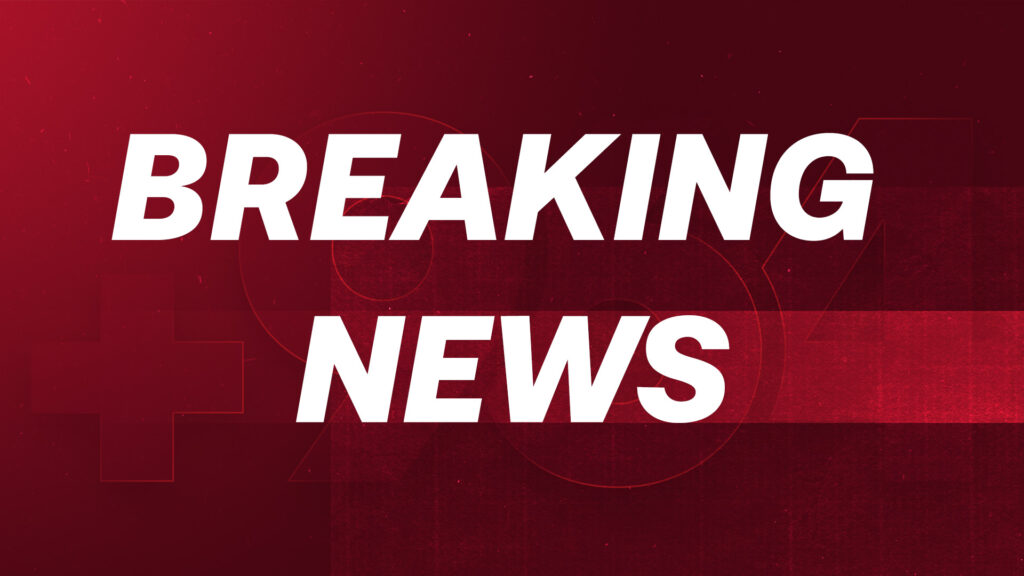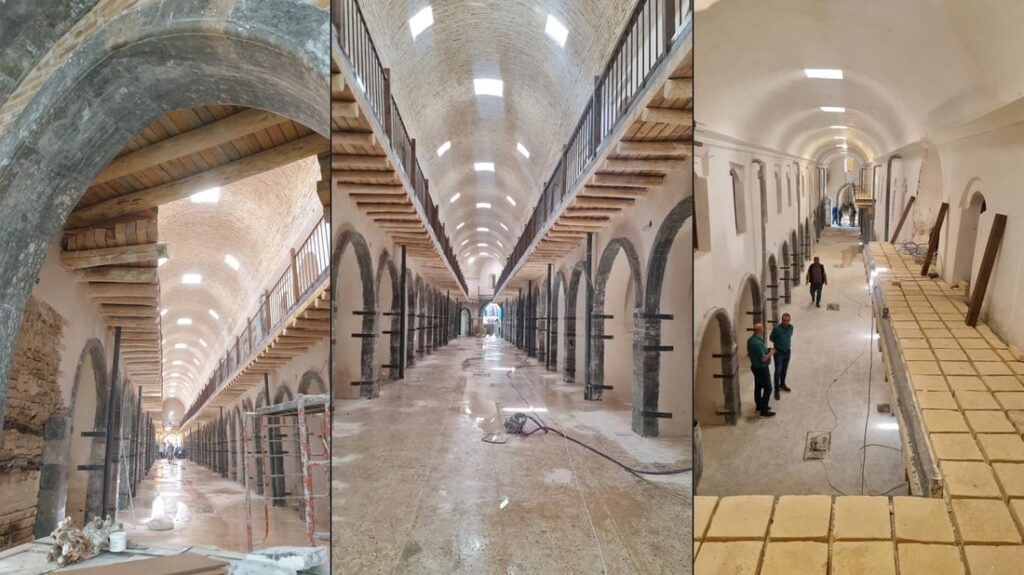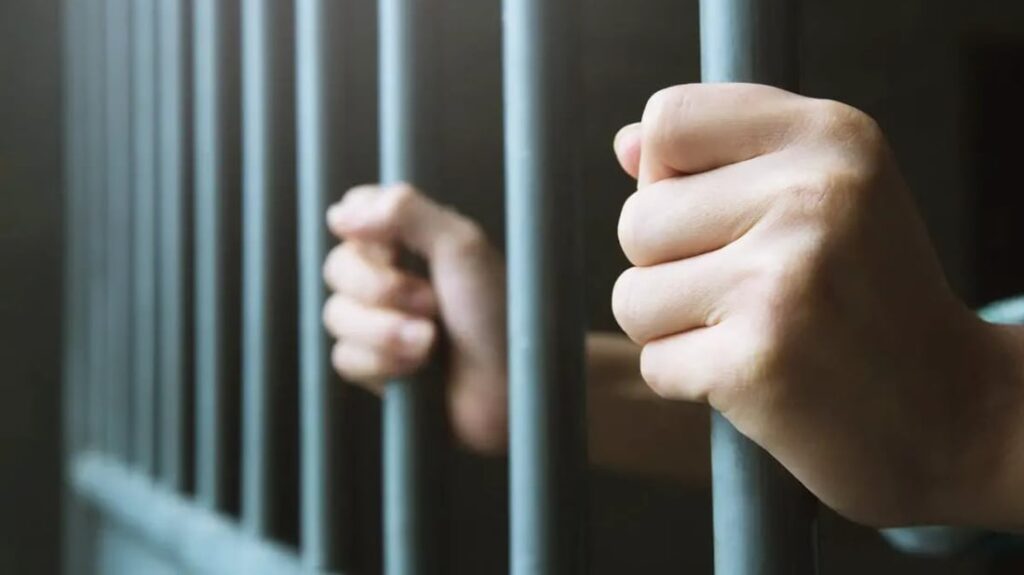Israel publicly confirms it killed ex-Hamas leader Haniyeh in Tehran

Israel confirmed publicly on Monday for the first time that it assassinated Hamas political leader Ismail Haniyeh in the Iranian capital of Tehran.
Defence Minister Israel Katz made the comments as part of his warning that Israel planned to escalate its conflict with the Houthis in Yemen.
“We will strike [the Houthis’] strategic infrastructure and decapitate its leaders. Just as we did to Haniyeh, Sinwar, and Nasrallah, in Tehran, Gaza, and Lebanon - we will do in Hodeidah and Sanaa,” Katz said, referring to the slain political and military leaders of Hamas, along with Hassan Nasrallah.
Haniyeh was killed in July after he attended the swearing-in of Iran’s president, Masoud Pezeshkian. Middle East Eye reported that witnesses believed Haniyeh was killed by a projectile.
Israel has a long history of conducting assassinations in Tehran, but the brazen killing of Hamas’ leader in a guesthouse controlled by Iran’s Islamic Revolutionary Guards Corp was a humiliating blow to Tehran. It also marked a turning point in Israel’s regional war with Iran.
In the months that followed, Israel directly attacked Iran, assassinated Nasrallah and invaded southern Lebanon. In November it agreed to a US-backed ceasefire in Lebanon that enshrined its right to unilaterally enforce any alleged violations by Hezbollah.
Haniyeh was Hamas’ top negotiator and viewed as a relative moderate in the group, more open to striking a deal with Israel and working on the post-war management of Gaza. His assassination came as Israel and Hamas were engaged in indirect talks. Those negotiations remain stalled with Israel cementing its military presence in Gaza.
Israel will 'decapitate' Houthi's leadership
Katz, an outspoken minister and close ally of Prime Minister Benjamin Netanyahu, appeared to take a victory lap as the end of the year approaches.
“We have defeated Hamas, we have defeated Hezbollah, we have blinded the defence systems in Iran, and damaged the [missile] production systems. We have overthrown the Assad regime in Syria, we have dealt heavy blows to the ‘axis of evil’,” he said.
The toppling of Bashar al-Assad’s government in Syria by Turkish-backed rebels headed by Hay'at Tahrir al-Sham (HTS) was seen as a culmination of the degradation of Iran’s so-called Axis of Resistance. Israel played no part in the rebel offensive that brought down the Assad government.
Katz’s comments on Syria were stronger than those of Netanyahu who stated the collapse of Assad’s government was a ‘direct result’ of Israel’s strikes on Hezbollah.
Read More »But Katz singled out the one Iran-aligned group that has emerged emboldened from the regional wars set off by the Hamas-led 7 October attack and Israel’s fierce retaliation: the Houthis.
Katz said the Houthis were “firing missiles at Israel” and he wanted “to convey a clear message to them,” adding: “We will strike [the Houthis’] strategic infrastructure and decapitate its leaders.”
The Houthis began to attack commercial vessels in the Red Sea in what they said was solidarity with besieged Palestinians in Gaza in November 2023. They have continued those attacks despite US and Israeli air strikes, even courting Russian assistance to enhance their missile arsenal and intelligence capabilities.
Dozens of people were injured in a rocket attack on Tel Aviv on Saturday claimed by the Houthis. The attack came after deadly Israeli strikes on ports and energy infrastructure in Houthi-held parts of Yemen on Thursday. Israeli news sites have reported that Mossad director David Barnea has recommended targeting Iran directly in response to Houthi attacks.
The conflict in Yemen risks dragging the US deeper into a regional war. On Saturday, two American pilots ejected from their fighter jet after it was shot down over the Red Sea in an apparent ”friendly fire” incident, the US military said. The Houthis claim their fire downed the F-18 jet fighter.






